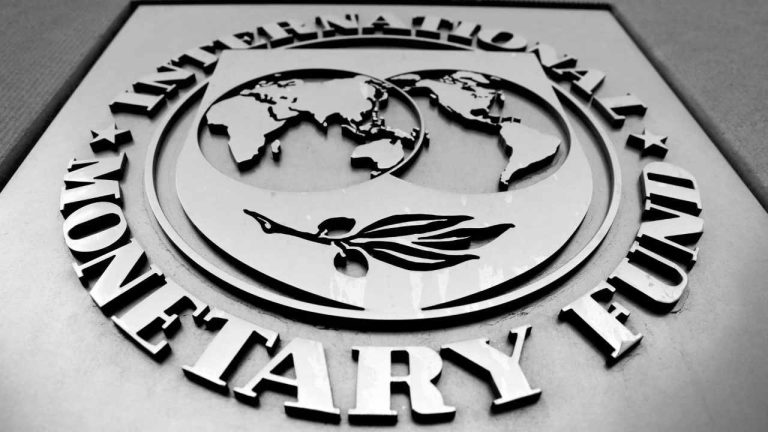
The International Monetary Fund (IMF) and the Financial Stability Board (FSB) have published their synthesis paper titled “Policies for Crypto Assets,” which was developed at the request of the Indian G20 Presidency. The global organizations “have set out a roadmap to ensure effective, flexible, and coordinated implementation of the comprehensive policy response for crypto-assets.”
IMF, FSB Release ‘Policies for Crypto Assets’
The International Monetary Fund (IMF) and the Financial Stability Board (FSB) published their joint synthesis paper titled “Policies for Crypto Assets” on Thursday. The report was developed at the request of the Indian G20 Presidency.
“This paper’s key objective is to synthesize the work of the IMF and the FSB,” the report details, adding that the two international organizations “have advanced policy and regulatory recommendations to identify and respond to macroeconomic and financial stability risks associated with crypto-assets.”
The paper discusses the implications of crypto assets, including their risks, purported benefits, macroeconomic stability, financial stability, and regulatory issues. It states:
Widespread adoption of crypto-assets could undermine the effectiveness of monetary policy, circumvent capital flow management measures, exacerbate fiscal risks, divert resources available for financing the real economy, and threaten global financial stability.
“A comprehensive policy and regulatory response for crypto-assets is necessary to address the risks of crypto-assets to macroeconomic and financial stability … Comprehensive regulatory and supervisory oversight of crypto-assets should be a baseline to address macroeconomic and financial stability risks,” according to the IMF and the FSB.
One of the many issues covered in the report is blanket bans on cryptocurrencies. “Blanket bans that make all crypto-asset activities (e.g., trading and mining) illegal can be costly and technically demanding to enforce. They also tend to increase the incentives for circumvention due to the inherent borderless nature of crypto-assets, resulting in potentially heightened financial integrity risks, and can also create inefficiencies,” according to the IMF and the FSB.
“Bans in one jurisdiction could also lead to activity migrating to other jurisdictions, creating spillover risks. A decision to ban is not an ‘easy option’ and should be informed by an
assessment of money laundering and terrorist financing (ML/TF) risks and other considerations, such as large capital outflows and other public policy aims,” the paper adds.
The IMF and the FSB, together with other international organizations (IOs) and standard-setting bodies (SSBs) “have set out a roadmap to ensure effective, flexible, and coordinated implementation of the comprehensive policy response for crypto-assets,” the paper states, elaborating:
The roadmap includes currently planned and ongoing work related to the implementation of policy frameworks, which taken together seek to: build institutional capacity beyond G20 jurisdictions; enhance global coordination, cooperation, and information sharing; and address data gaps necessary to understand the rapidly changing crypto-asset ecosystem.
The full report can be found here.
What do you think about the synthesis paper by the IMF and the FSB on crypto policies? Let us know in the comments section below.
#Regulation, #Fsb, #FSBCryptoRegulations, #G20, #G20CryptoRegulations, #IMF, #IMFCryptoRegulations, #IndiaCryptoRegulations, #SFB, #SFBCryptoRegulations